Let us take an even deeper look into what it means to make a plan for our death by first deeding what role we want the medical world to take towards the end of our life. Do we want to take have experimental medical procedures to prolong our lives or do we want to die at home or hospice? Do we want a DNR? What do our closest relatives think about the medical world? Are they willing to enter into a discussion about health care’s role in death? We must know who can handle the tough questions and we must talk with them candidly about our wants and needs regarding medical intervention at the end of life. We must choose the person who will make the decision for us as we would hope someone will when we no longer able.
We must look at our spiritual or deep seeded beliefs on what constitutes life if we are to understand what death means to us. Spirituality can mean many things to many people. For those who follow a set religion, there may be certain needs we want done for us at the end of life. Do we have a priest, pastor or spiritual guide? We need to let our family know who to contact near the time of our death. Spirituality can mean those things, which elevate our lives and bring us joy. What kind of things do we want to surround ourselves with at the end of life? In his last years, my grandfather, who was an atheist, kept the King James Bible, The Complete Works of Shakespeare and Norton Anthology of Poems next to him. For him the beauty of words brought him so much joy. What bring us joy? Think on those things. Think about them and start talking about them with those we love. Knowing what kind of death we want will make for a more comprehensive death care plan than just what to do with our bodies after death. Death is the end of our corporeal life on earth. We should take the time to think about what that means for us and what kind of death we might want to have.
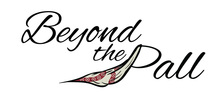
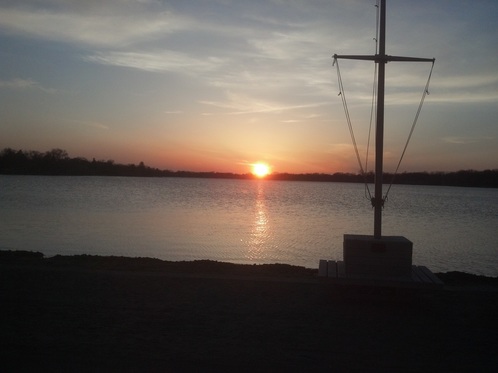
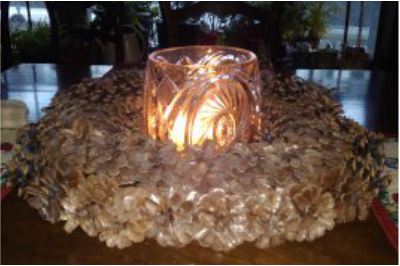
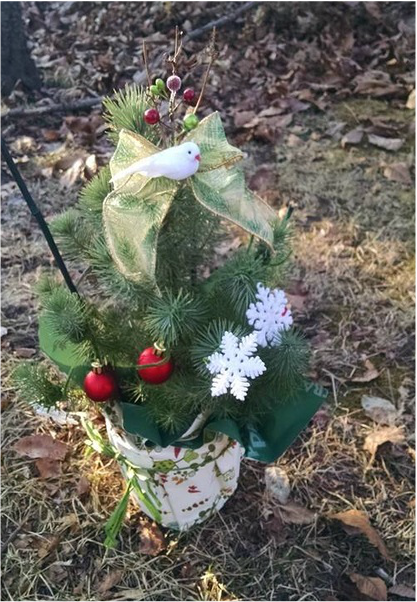
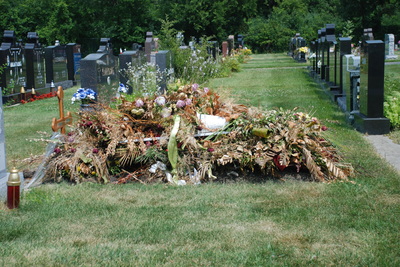
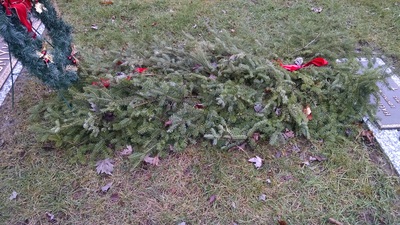
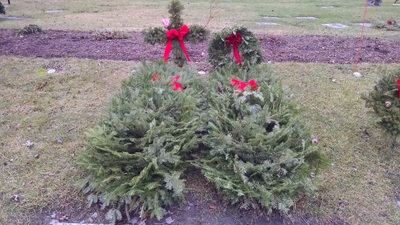
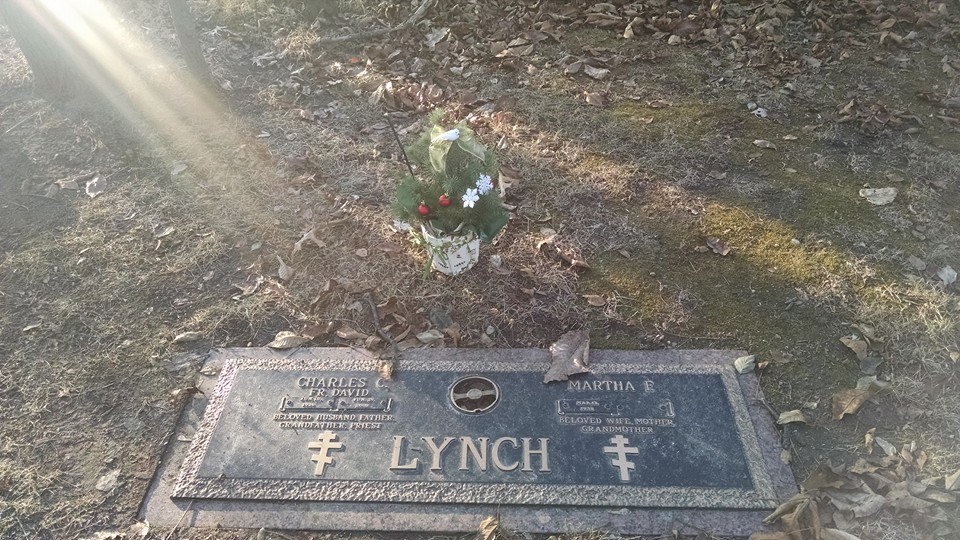
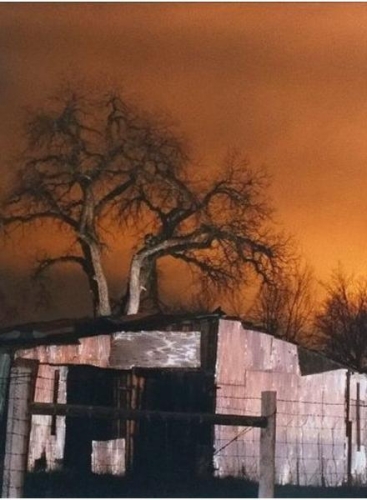

 RSS Feed
RSS Feed